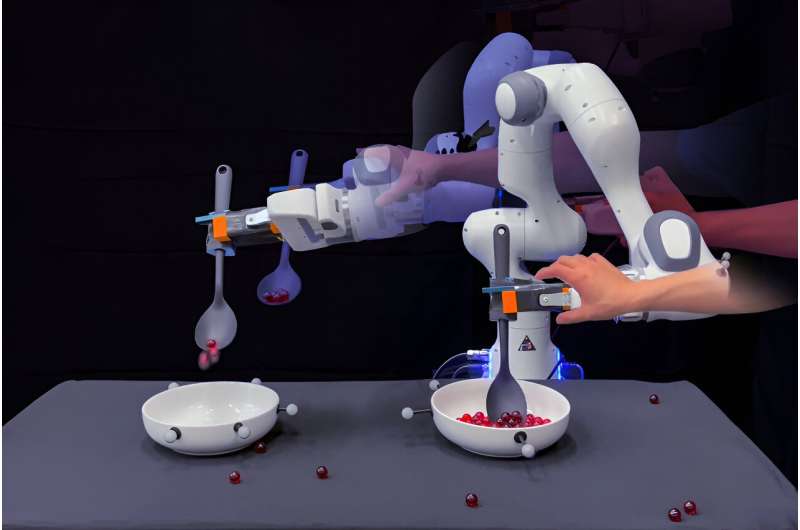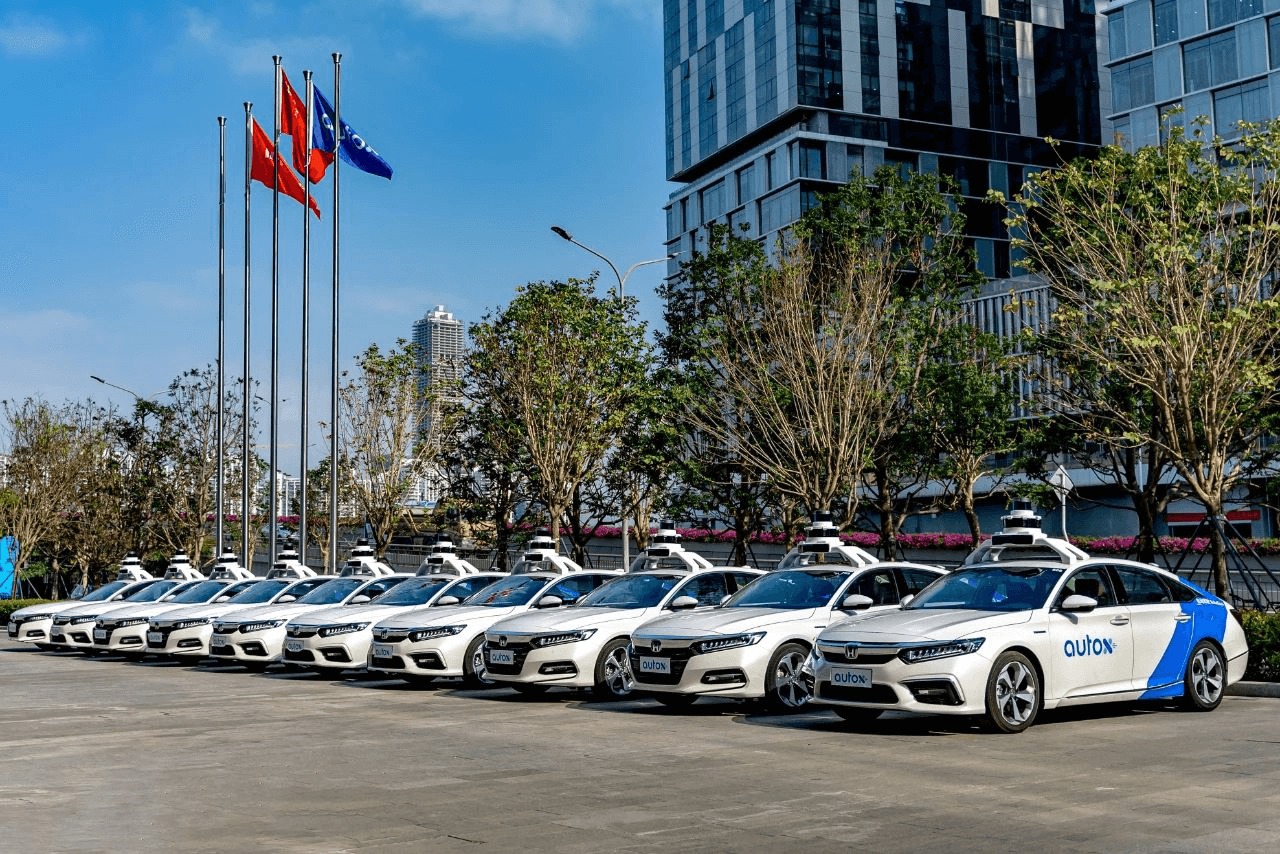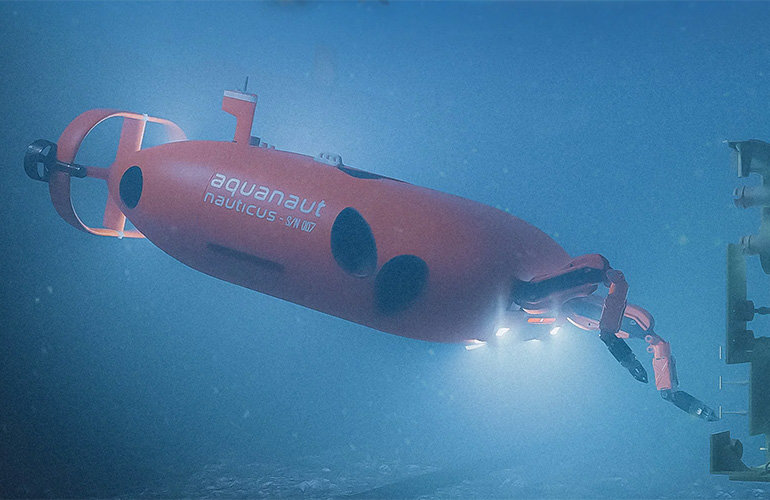NVIDIA has announced a major breakthrough in humanoid robotics with the launch of their new Isaac GR00T N1.5 robot model. The company revealed this development at the Taipei International Computer Exhibition 2025, calling it "the main building block of the next industrial revolution."
What Makes This Robot Special?
The biggest breakthrough is how fast these robots can learn. Traditional robot training used to take three months, but NVIDIA has compressed this learning process to just 36 hours – that's more than 60 times faster.
This dramatic speed improvement comes from a new technology called "data synthesis." Instead of robots needing to practice tasks thousands of times in the real world, they can now learn from computer-generated scenarios that are incredibly realistic.
How Does the Fast Learning Work?
NVIDIA created a tool called "GR00T-Dreams" that can generate training videos for robots using just a single image. The system works like this:
- Show the AI one picture of a task or environment
- The AI creates multiple demo videos showing how to complete tasks in that setting
- The robot learns from these generated videos
- The robot can then perform real-world tasks it has never physically practiced
This creates what NVIDIA calls a "closed loop" – using AI to generate data that trains other AI systems.
Real-World Performance
Tests show that the N1.5 model performs over 40% better than previous versions when:
- Adapting to new environments
- Setting up different workspaces
- Working in complex teams
This improvement is especially important for industrial settings where conditions change frequently.
Complete Robot Development System
NVIDIA didn't just release a robot – they created an entire ecosystem of tools:
- Cosmos Reason: A world model for understanding environments
- Isaac Sim 5.0: An open-source simulation tool
- RTX PRO 6000: A specialized workstation for robot development
This complete package makes it easier for companies to develop and deploy their own humanoid robots.
Who's Already Using It?
Major companies have already signed up to use NVIDIA's platform, including:
- Boston Dynamics (famous for their robot dog Spot)
- Foxconn (major electronics manufacturer)
These companies plan to use humanoid robots in manufacturing, logistics, and other industrial applications.
The Bigger Picture
The competition in humanoid robotics is intensifying rapidly. Companies from the United States, China, and Europe are all racing to create robots that can work alongside humans in factories and warehouses.
With such fast learning capabilities and strong AI integration, experts believe robots could soon reach the technological level needed for widespread use in industrial settings.
NVIDIA CEO Jensen Huang believes this technology will drive the next industrial revolution, where humanoid robots become common workers in factories, warehouses, and other business environments.
The combination of faster learning, better performance, and complete development tools suggests that humanoid robots may become a reality in workplaces much sooner than many people expected.


















